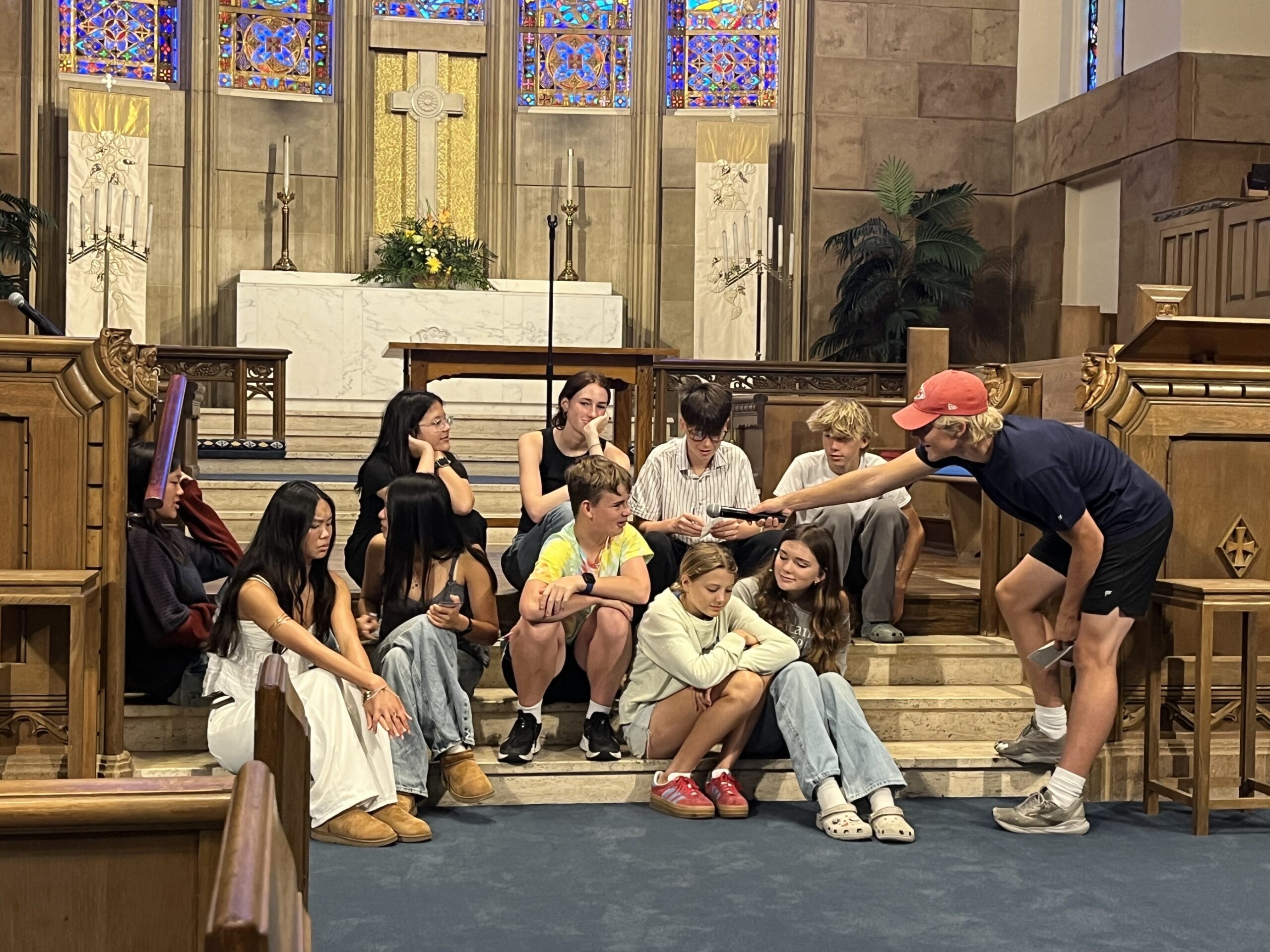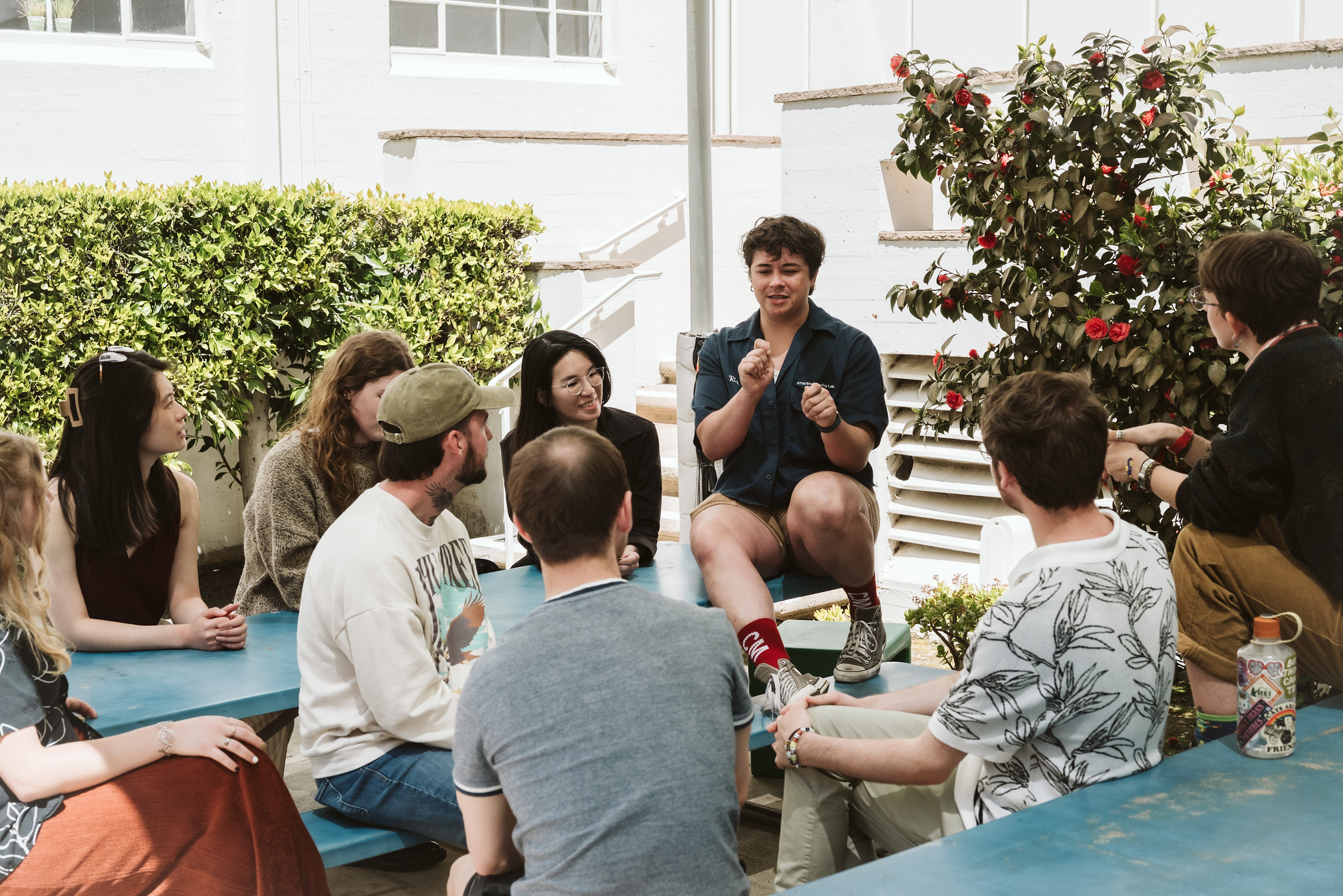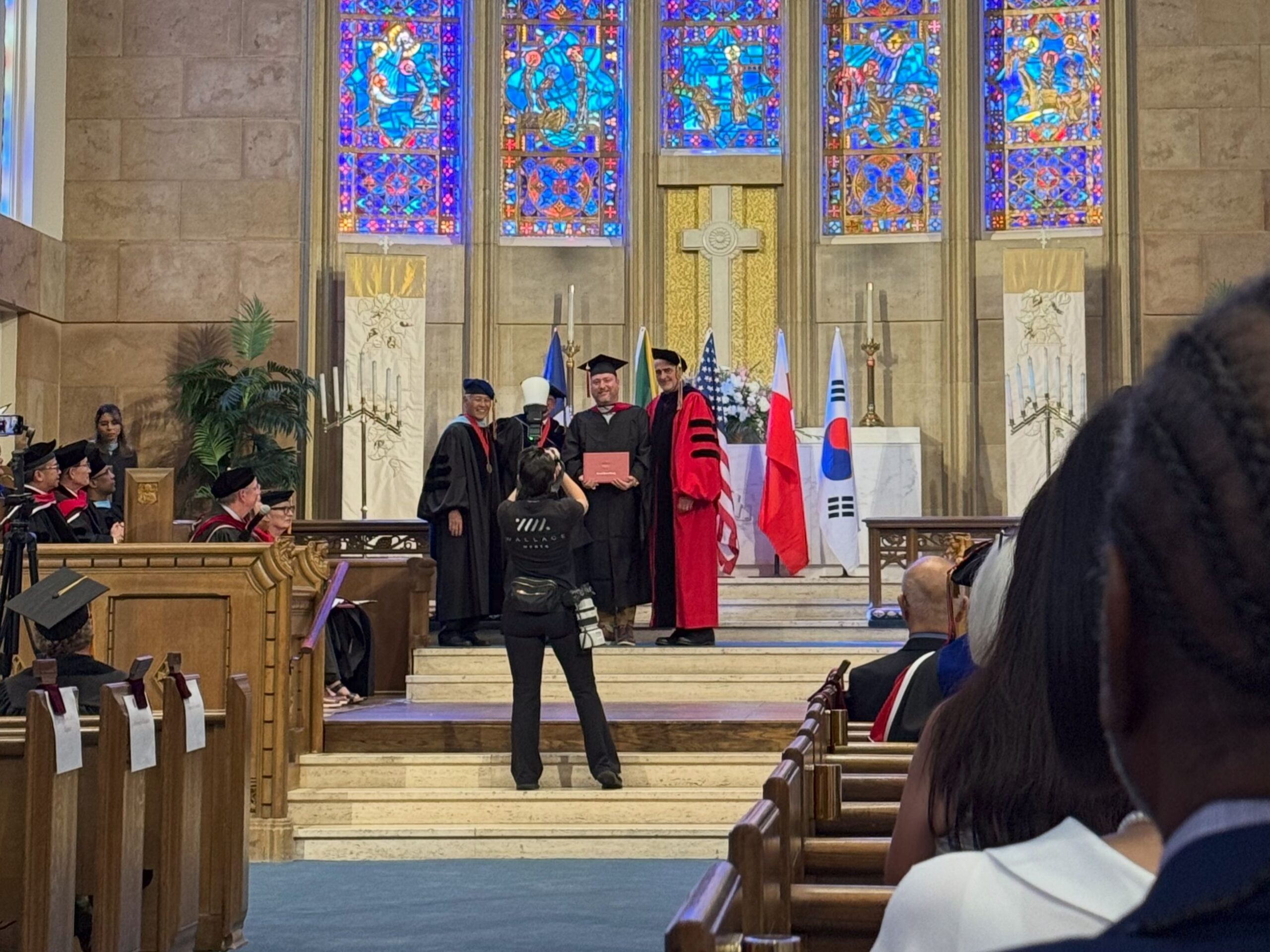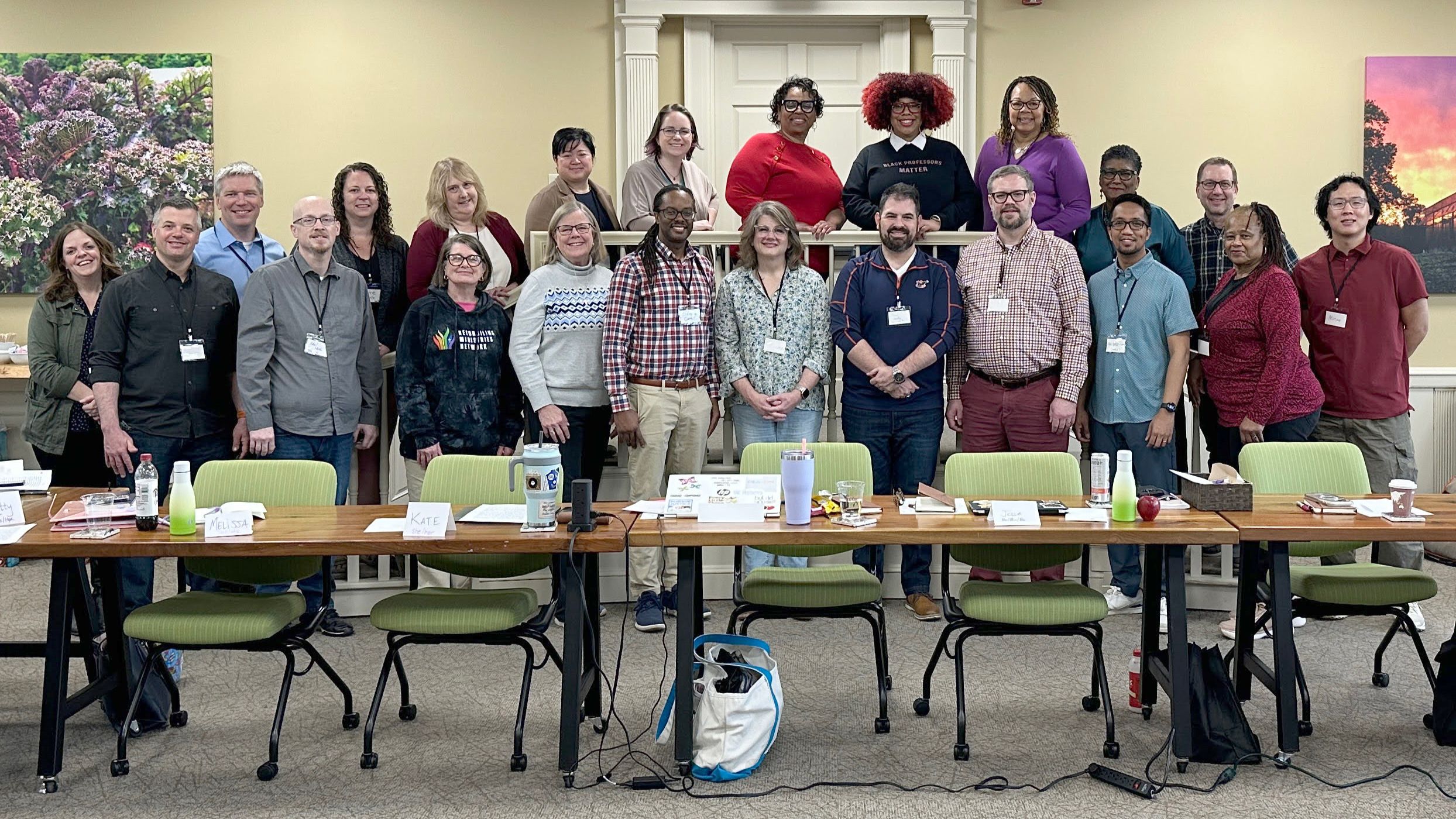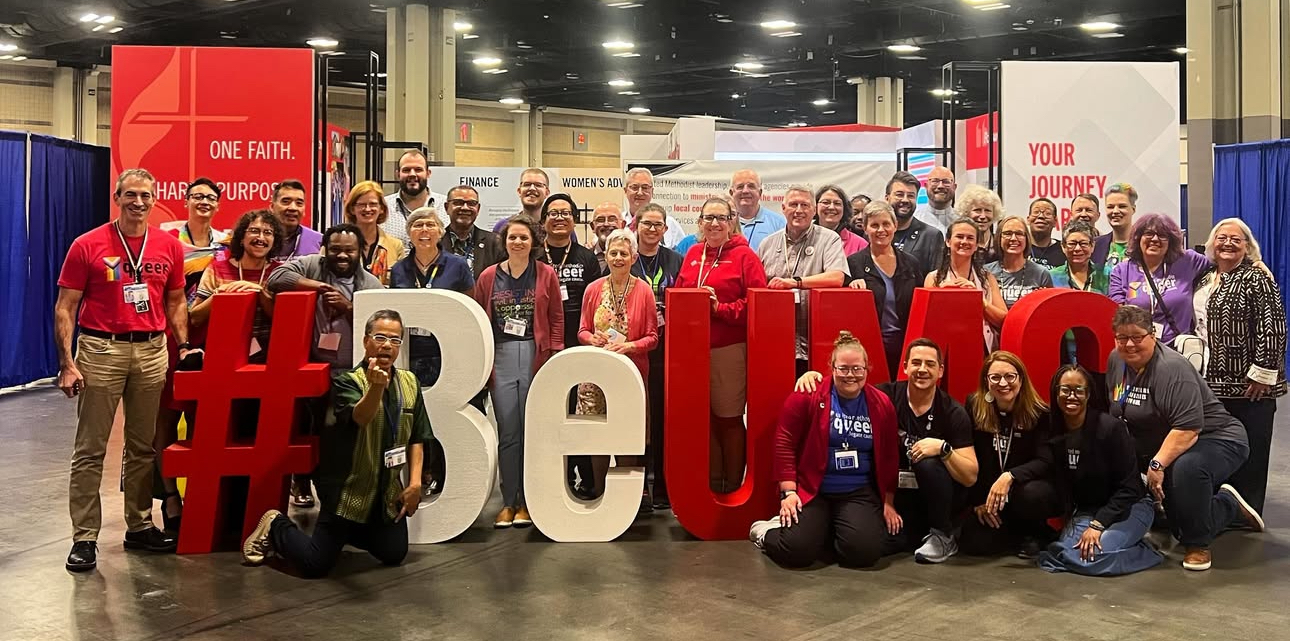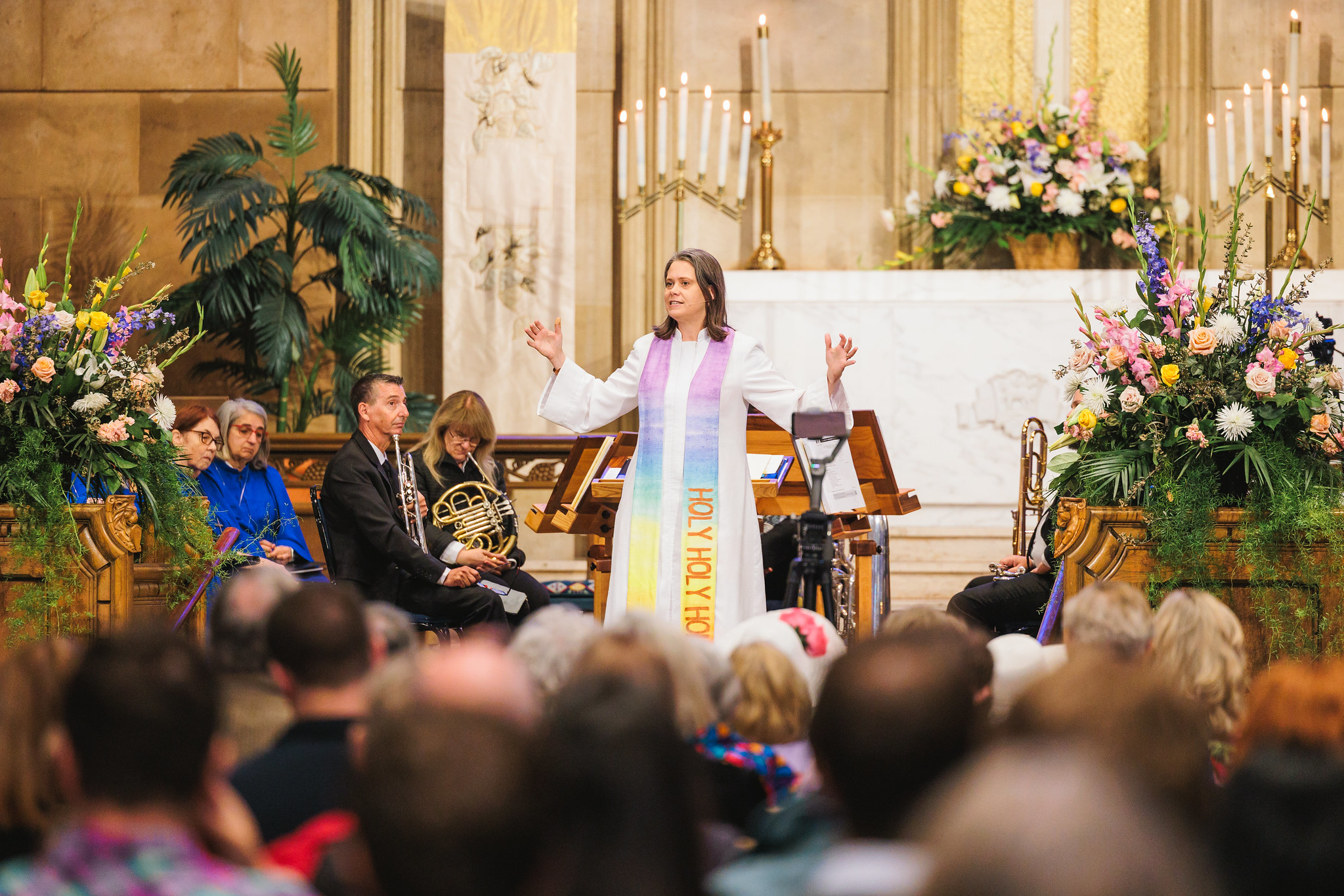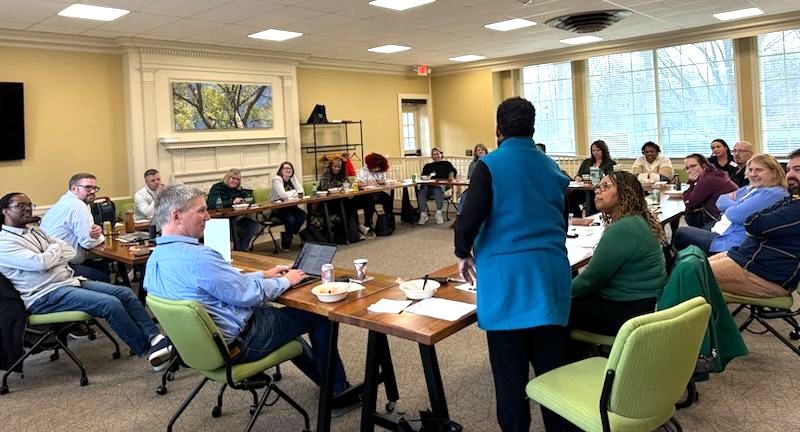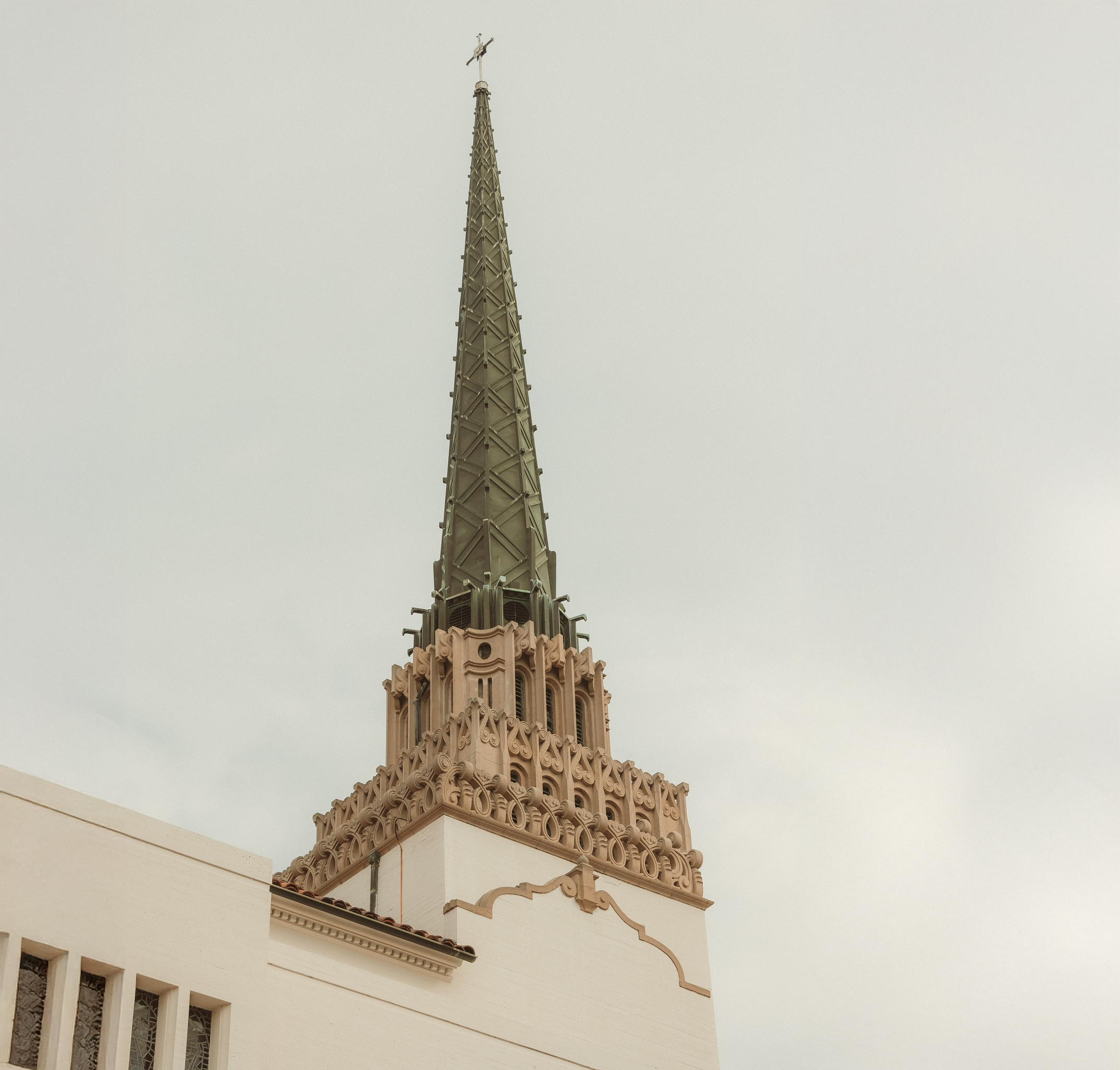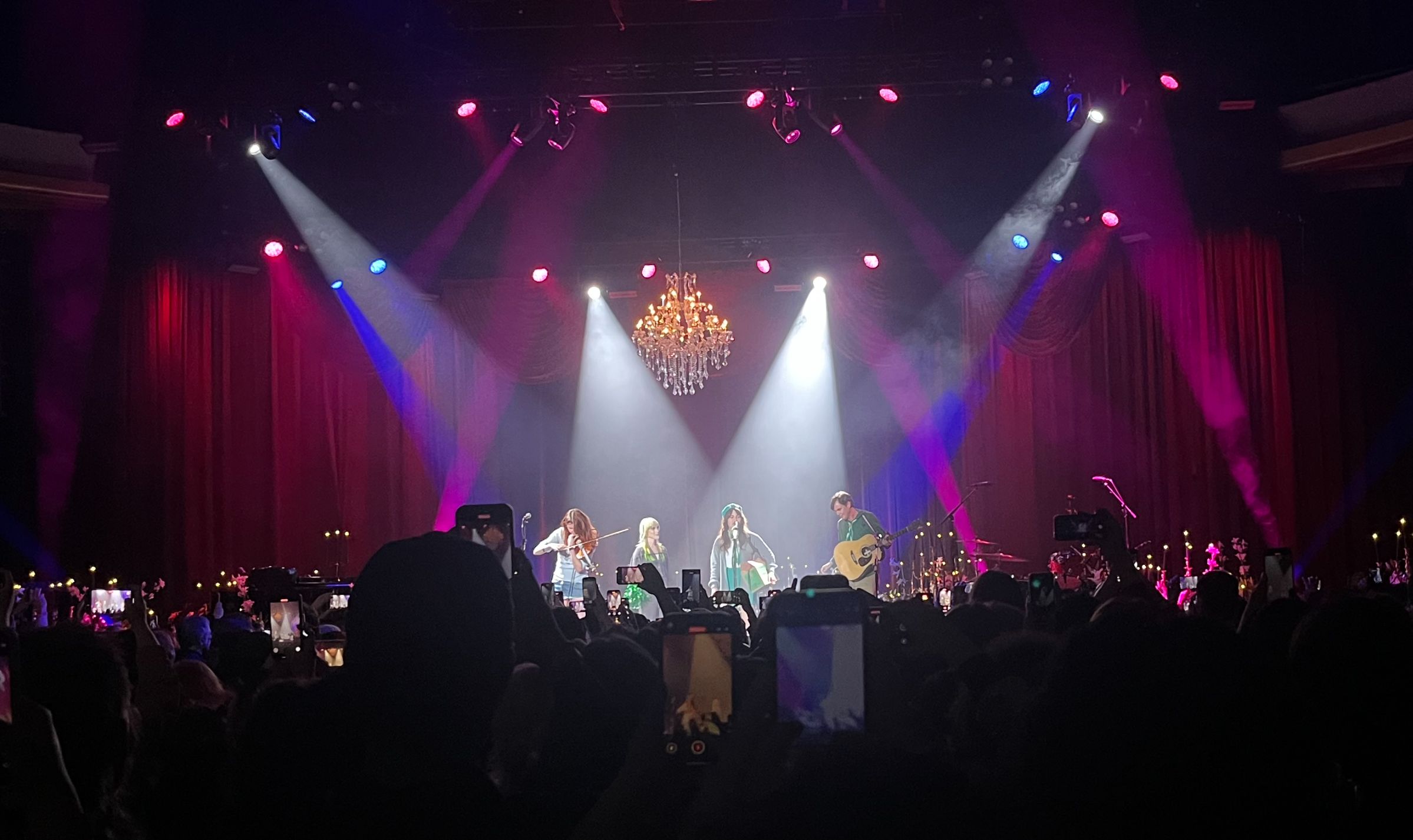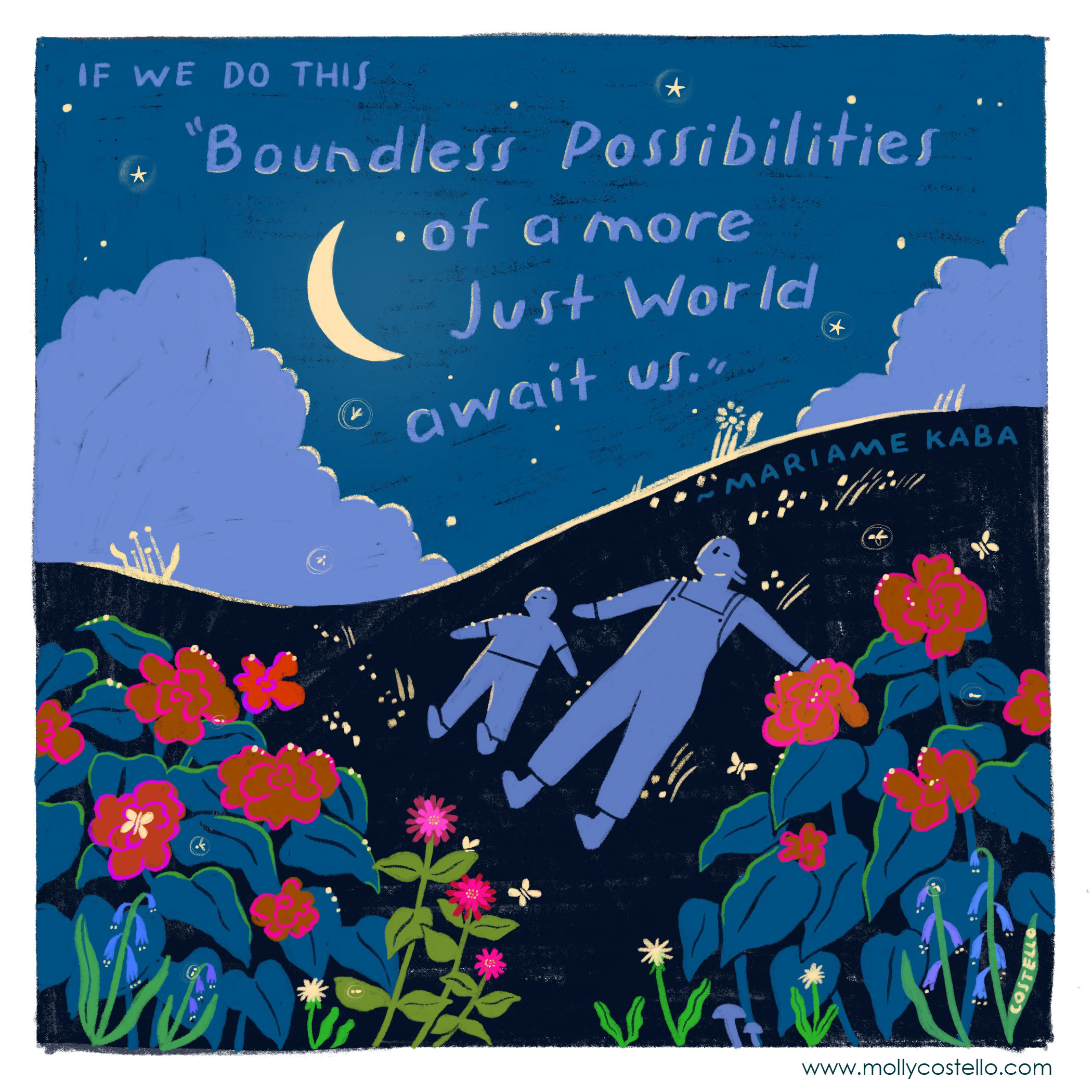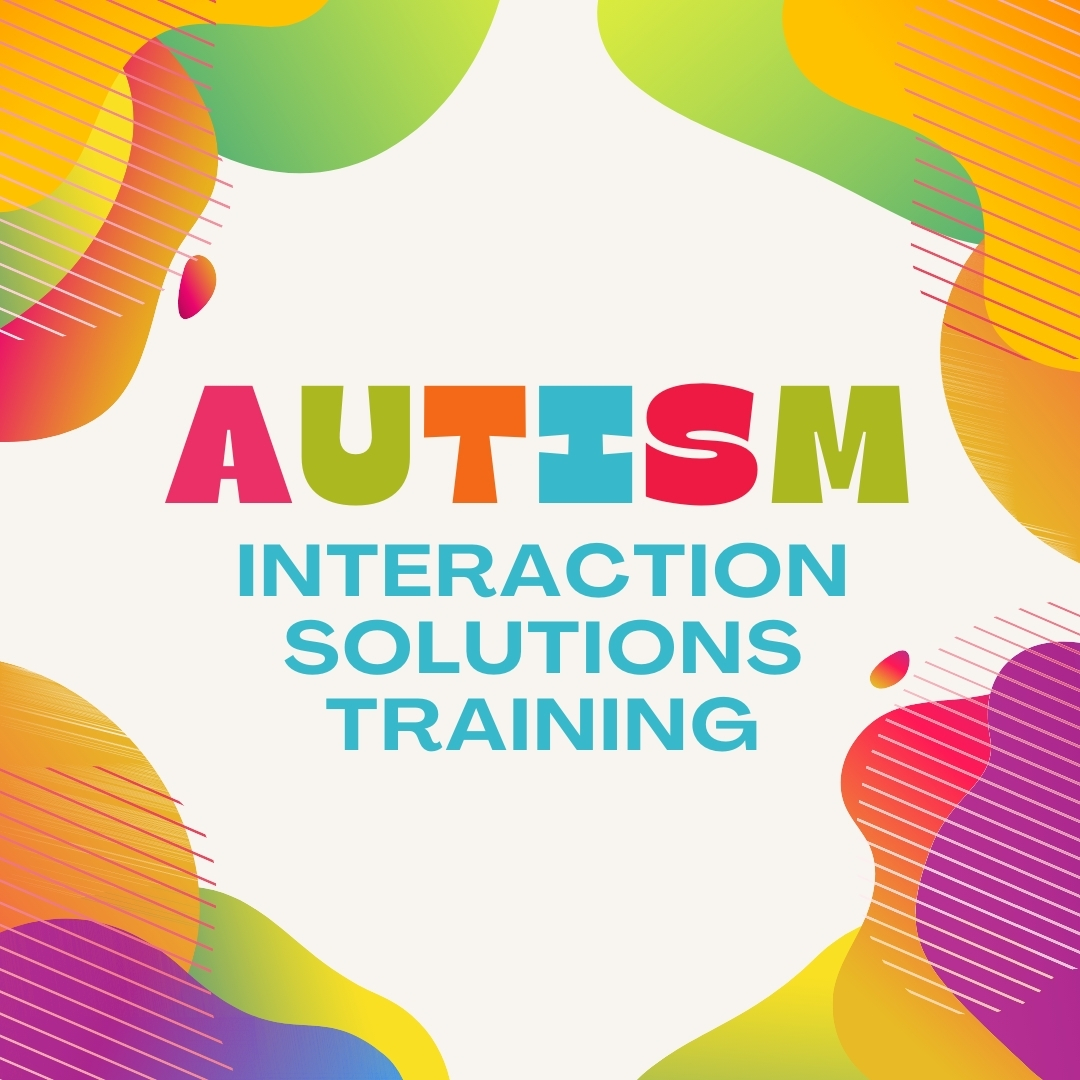
Greetings Westwood Community,
At the beginning of this year, a group of people from Westwood read “Unmasking Autism” together. The book is written by Dr. Devon Price, an autistic trans man who was diagnosed later in life. His story, and many of the stories in his book, resonated deeply with me and with many of the people in our book group. The meetings often evolved from discussions about the text into testimonies, helpful tools, and conversations about different peoples’ experiences with autism, both personally and in their families and communities. It opened my eyes to some of the many different ways that neurodivergence exists in the people and families of our community.
Last week, Robert F. Kennedy Jr. spoke about autism as a “national epidemic.” He spoke of autistic people in a way that was dehumanizing, patronizing, and fear-based, with very little science or nuance anywhere in sight. When I compare his words to the conversations we had in our book club, I am struck by yet another instance of our Westwood community wanting to do things differently, and hopefully better, than the dominant culture around us. Neurodivergence is not a disease or an epidemic, it is simply a different way of being, and it is one that exists, whether you know it or not, all around you. There are many different ways to be autistic, many different kinds of autistic lives. But all autistic people are deserving of love, dignity, and a space to belong. That belief was at the center of our conversations and time together.
In another book that has come to mean a lot to me, Daniel Bowman Jr.’s “On the Spectrum: Autism, Faith, and the Gifts of Neurodiversity,” Bowman writes a great deal about being autistic in Christian communities. In one of his essays, he writes about his autism making it difficult for him to serve his church in ways that are sometimes expected of him. He uses the Body of Christ (as laid out in 1 Corinthians 12:12-26) to imagine a community where “each person be known and encouraged to serve in accordance with their gifts… accepted by the body in both our strengths and limitations.” (p. 129).
As we work to embody Christ, not only as individuals but as a community, there will often be growing pains. It is difficult to be in community with people who are different from us, people we don’t understand, who test our patience or bring perspectives and preferences that don’t make sense to us. A diverse community is rarely an easy one- diversity means that there will be difference; it necessitates the faithful work of bridging gaps in experience and understanding that difference will bring. As we work to create a space that is inclusive, that not only acknowledges difference but embraces it, we are called to maintain a sense of curiosity and empathy, knowing that there is always more for us to learn.
I want to leave you with a note from “On the Spectrum” directly to “fellow Christ followers: as you live and worship alongside your autistic neighbors, you can help free us from the shame we’ve carried. No one expects you to walk on eggshells or get everything right. Just aim for greater knowledge and empathy… You may not know it, but we’re in your church. I pray that your minds and hearts are open to us. For we too are fearfully and wonderfully- if a little differently- made.” (p. 113).
This upcoming Sunday, Westwood is hosting a training in partnership with Autism Interactions Solutions, an organization that works with a team of autistic educators to teach communities about how to make their spaces more welcoming, accessible, and inclusive to autistic and neurodivergent people. I hope you will join us with curiosity and openness. I hope you will continue the ongoing work of making our community one that is welcoming and kind to each of our siblings in Christ.
Keep the faith, I’ll see you soon,
Everest


